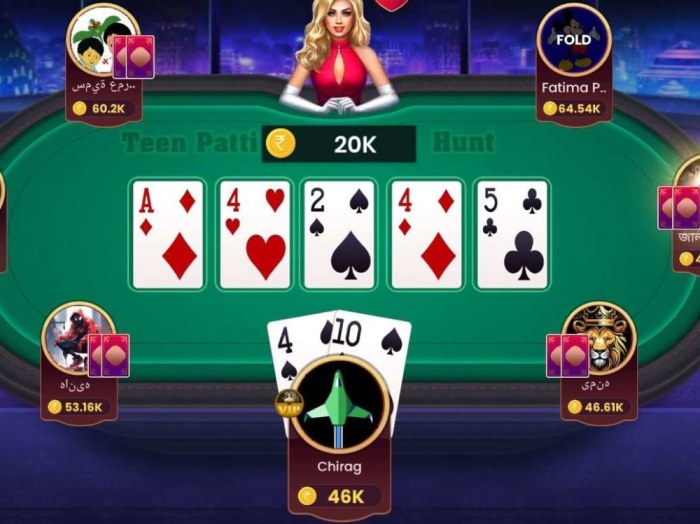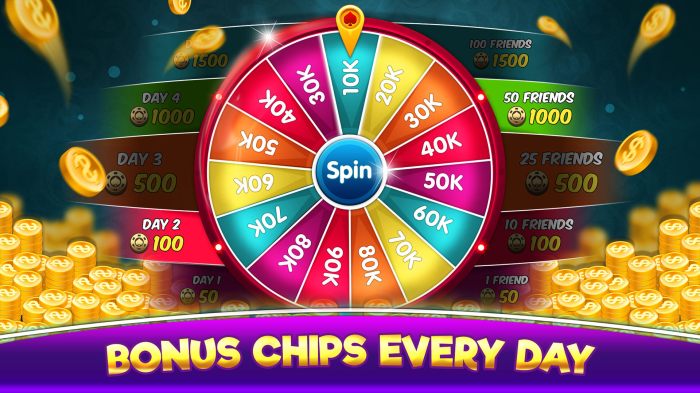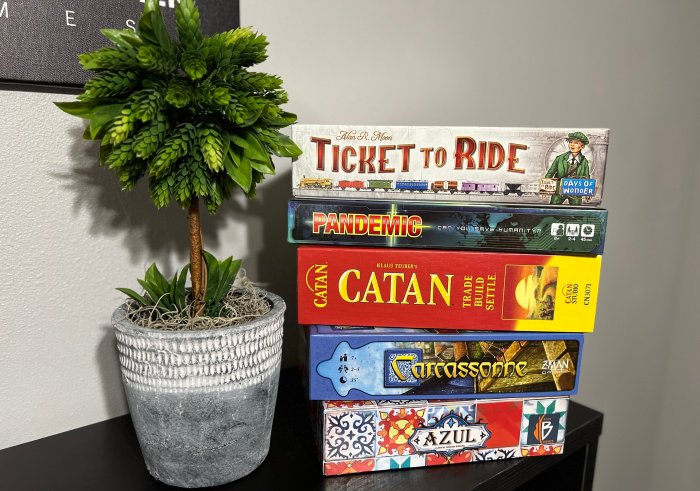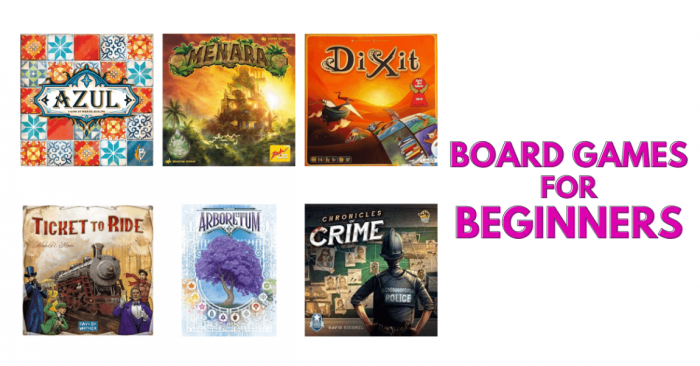
Welcome to the whimsical world of Multiplayer card games, where every shuffle could lead to glory or utter comic disaster! Picture a gathering of friends, snacks flying, laughter echoing, and the fierce battle of wits unfolding over a deck of cards. It’s a realm where strategy meets chance, and where one wrong move can lead to a legendary tale of defeat – or an epic comeback!
Today, we’ll explore the most popular Multiplayer card games that are keeping players glued to their screens or tables. From classic favorites to quirky newcomers, we’ll uncover their mechanics, objectives, and the platforms they can be enjoyed on, whether you’re at home or on the go. So grab your favorite snacks, and let’s deal you in!
Popular Multiplayer Card Games

In the vibrant world of gaming, multiplayer card games have carved out a niche that combines strategy, wit, and a healthy dose of competition. Whether you’re facing off against friends in your living room or battling it out with strangers online, these games offer something for everyone. Let’s shuffle through the top contenders in the multiplayer card game category, where each card drawn could mean the difference between glorious victory and epic defeat.
Top Multiplayer Card Games Overview
The landscape of multiplayer card games is rich with variety, featuring classics and modern favorites that cater to all tastes. Here are some of the most popular titles making waves both digitally and physically:
- Magic: The Gathering
-This legendary card game has enchanted players since its inception in
1993. Players use decks of cards representing spells, creatures, and enchantments to reduce their opponent’s life total to zero. Available in physical formats and digitally through platforms like Magic: The Gathering Arena, it combines strategic deck-building with intense dueling. - Hearthstone
-Blizzard’s card battler has transformed the fantasy genre by delivering fast-paced gameplay and a vast array of characters from the Warcraft universe. Players construct decks and engage in turn-based matches, drawing cards that dictate their moves. It thrives in the digital realm on PC and mobile, making it easy to challenge friends or climb the ranked ladder. - Uno
-This family favorite broke onto the scene in 1971 and hasn’t looked back since. Players match colors or numbers to discard their cards, with wild cards adding a twist. Available in a physical deck and a widely popular digital version, Uno ensures that no game night is ever dull. - Exploding Kittens
-A quirky card game that’s taken the world by storm, Exploding Kittens is a fast-paced, strategic game where players try to avoid drawing the “exploding kitten” card. With a mobile version that captures the playful chaos of the original, it’s perfect for those who enjoy a little humor with their strategy. - Cards Against Humanity
-Known for its irreverent humor, this party game challenges players to fill in the blanks of sentence prompts with outrageous or hilarious phrases. While the physical version is a staple in many households, there are also digital adaptations for online play, ensuring laughter and creativity abound.
In each of these games, players engage in delightful strategies and social interactions, testing their skills and nerves while vying for domination over the tabletop (or screen). The blend of tactics, humor, and competition creates an experience that is both entertaining and addictive, making multiplayer card games a staple in any gaming repertoire.
Strategies for Winning Multiplayer Card Games
In the high-stakes world of multiplayer card games, mastering the art of strategy can be the difference between winning a glorious victory or facing the ultimate humiliation of defeat. Players are not merely battling against the cards but also the cunning minds of their opponents. Let’s delve into some effective strategies that can help you snag those bragging rights and avoid the common pitfalls that could lead you to a crying corner.Understanding the nuances of gameplay can significantly improve your success rate.
A well-rounded strategy doesn’t just rely on luck but a keen awareness of the game’s dynamics, your cards, and the behavior of your competitors. Here’s how you can elevate your game from “meh” to “oh wow!”
Effective Gameplay Strategies
A solid strategy is not merely a series of random plays; it’s an art form that requires careful planning and adaptation. Here are key points to keep in mind:
- Know Your Cards: Familiarize yourself with the strengths and weaknesses of your deck. Understanding card synergy can help you plan your moves more efficiently.
- Adaptability is Key: Don’t play the same way every time. Adjust your tactics based on the game flow and the actions of your opponents.
- Manage Your Resources: Be wise with your cards. Don’t burn through your high-value cards too quickly; you may need them later.
- Positioning Matters: In some games, who plays first can be a significant advantage. Use this knowledge to your benefit.
- Stay Calm Under Pressure: Emotions can cloud judgment. Keep a poker face and stay focused, even when the stakes are high.
Avoiding Common Mistakes
Even seasoned players can find themselves in a bind due to avoidable blunders. Here are some classic missteps and how to steer clear of them:
- Overcommitting Early: Diving in too quickly can leave you vulnerable. Take your time and observe.
- Ignoring the Meta: Not being aware of common strategies can be disastrous. Pay attention to what’s trending in the game.
- Neglecting Defense: Always focus on protecting your position. Offense is great, but a good defense can turn the tide.
- Playing Too Predictably: If your opponents can guess your next move, you’re toast. Mix things up!
- Disregarding Your Opponents: Focusing solely on your cards can lead to a blind spot. Keep an eye on your competitors’ strategies.
Reading Opponents Effectively
The ability to read your opponents can provide invaluable insight into their strategies and intentions. Here’s how to sharpen your observation skills and become a master mind-reader.
- Watch Their Body Language: Subtle cues can reveal a lot. Are they confident, nervous, or bluffing? Look for changes in posture or facial expressions.
- Track Their Plays: Pay attention to how your opponents play their cards. Their patterns can indicate their strategy and help you anticipate their next move.
- Note Their Reactions: How do they react when they draw a card? A big smile or a grimace can tell you whether they’re happy or dreading their fate.
- Be Mindful of Their History: If you’ve played with someone before, remember their past strategies. Use that information to inform your decisions.
- Engage in Light Banter: Sometimes, a little chit-chat can throw your opponents off their game, allowing you to gauge their reactions.
The Relationship Between Multiplayer Card Games and Board Games
Multiplayer card games and board games may seem like two peas in a pod, but they are actually more like two quirky cousins at a family reunion—similar enough to share a few laughs, yet distinctively unique in their own right! Both types of games involve strategy, competition, and a hefty dose of social interaction, but they do so with different mechanics and player dynamics that can lead to wildly different experiences.Card games often rely on simpler mechanics, focusing on the manipulation of cards and hand management.
Players draw, play, and discard cards in a race to achieve specific objectives, relying heavily on luck and strategy. In contrast, board games typically incorporate complex board setups, various pieces, and a more immersive environment. For instance, while in a card game like “Uno,” players might shout “Uno!” with glee (or despair), in a board game like “Monopoly,” they could be debating whether to mortgage Boardwalk or pay rent on Park Place with equal fervor.
Gameplay Mechanics Comparison
The gameplay mechanics of multiplayer card games and board games provide a colorful palette of differences, each possessing its own flavor that can influence player experience.
Simplicity vs. Complexity
Card games often boast straightforward rules, allowing players to jump in quickly. On the other hand, many board games can feature intricate rulebooks that read like a fantasy novel, complete with plot twists and character arcs.
Setup Time
Card games usually require minimal setup—just shuffle the deck and you’re good to go! However, board games can involve extensive assembly, often resembling a jigsaw puzzle gone rogue before play can even commence.
Player Interaction
In card games, players may engage in direct competition through card plays, while board games often encourage a mix of cooperative and competitive strategies, as players might form alliances or negotiate trades, much like a political summit.
Game Duration
Card games tend to be faster-paced, often lasting around 30 minutes. Meanwhile, board games can stretch into hours, allowing plenty of time for rivalries to brew and for snacks to be devoured.
Social Aspects and Player Interactions
The social dynamics at play in multiplayer card games and board games are akin to the differing atmospheres at a lively café versus a serene library. Both settings create memorable moments of interaction, but they do so in distinct ways.
Engagement Levels
Card games often foster quick interactions, with players constantly engaged in rounds of play. In contrast, board games can lead to longer discussions and negotiations, where players plot, scheme, and sometimes even unite against a common foe—usually the player leading in points.
Group Dynamics
Multiplayer card games can amplify the competitive spirit, leading to playful banter that can turn a friendly game into a gladiatorial arena! Board games, however, can encourage collaboration and teamwork, making players feel like they’re part of a larger narrative, even if that narrative is simply trying to avoid bankruptcy.
Impact on Relationships
The relationship-building aspect can vary: card games might lead to alliances that disintegrate faster than a cheap deck of cards, while board games can nurture friendships over shared victories or defeats, often resulting in inside jokes that last for years.
Evolution of Card Games and Board Games
The historical journey of card games and board games is like one of those epic sagas where the protagonist evolves through trials and tribulations—only here, the protagonist is the game itself!
Origins
Card games date back to ancient China, with references to the earliest decks appearing around the 9th century. They migrated across continents, finding homes in various cultures. Meanwhile, board games have a rich history too, with games like Senet from ancient Egypt and Go from ancient China, dating back thousands of years.
Cross-Pollination
Over the years, the lines between card games and board games have blurred. Classic card games have inspired board game adaptations, such as “Gloom,” which adds a board element to traditional card gameplay, while others, like “Magic: The Gathering,” have incorporated board-like mechanics into card play.
Modern Innovations
The 21st century has seen a fusion of both worlds, with many contemporary games combining cards and boards for a unique twist. Take “Ascension,” for example, which melds deck-building mechanics with a board presence, allowing players to explore and interact in innovative ways.
“In the realm of games, where strategies clash and friendships are tested, the only constant is laughter—until someone plays a ‘Reverse’ card!”
Wrap-Up

As we wrap up our delightful dive into the universe of Multiplayer card games, it’s clear that these games are not just about winning; they’re about the stories shared, the friendships forged, and the laughter that fills the air. Whether you’re a seasoned strategist or a casual player looking for fun, there’s a game out there waiting to transform your game night into an unforgettable adventure.
So go forth, shuffle those cards, and may the odds be ever in your favor!
Essential Questionnaire
What are the best platforms for playing multiplayer card games?
Many top multiplayer card games are available on digital platforms like Steam, mobile apps, and online websites, as well as in physical card formats for face-to-face fun!
Can multiplayer card games be played solo?
While most multiplayer card games are designed for group play, some have solo modes or adaptations that let you challenge yourself without a crowd.
What age is appropriate for multiplayer card games?
It varies by game, but many multiplayer card games are suitable for ages 8 and up, making them great family activities!
How can I improve my skills in multiplayer card games?
Practice is key! Studying strategies, observing opponents, and learning from your mistakes can significantly boost your gameplay.
Are there any tournaments for multiplayer card games?
Absolutely! Many popular games host tournaments ranging from local meet-ups to international competitions, so there’s always a chance to showcase your skills!

